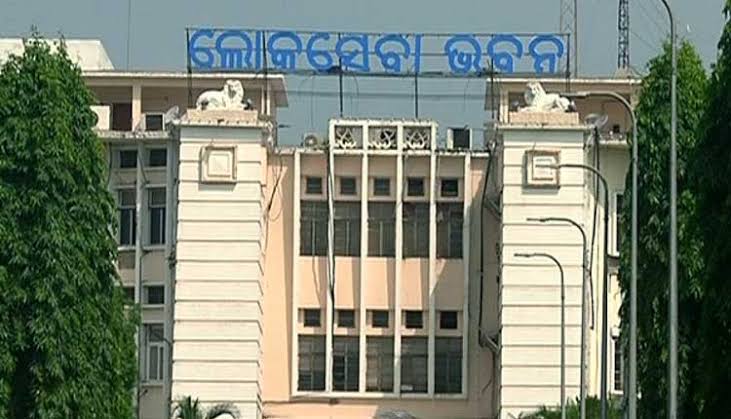Odisha Cabinet Enhances Financial Powers of Panchayat Officers to Speed Up Rural Development

New sanction limits aim to accelerate project approvals, ensure timely bill processing, and boost grassroots governance efficiency
Bhubaneswar: In a major move to strengthen grassroots governance and accelerate developmental works, the Odisha Cabinet approved a proposal of the Panchayati Raj and Drinking Water Department to enhance the financial powers of officers for both technical sanction and administrative approval of projects.
The decision, taken during a cabinet meeting chaired by Chief Minister Mohan Charan Majhi, seeks to expedite bill processing, ensure timely project approvals, and facilitate smoother execution of works at the Panchayat Samiti level.
As part of the reforms, the financial power of Block Development Officers (BDOs) to pass bills of Panchayat Samiti works has been raised significantly from ₹2 lakh to ₹10 lakh. With this change, the requirement for a countersignature by the Panchayat Samiti Chairman has been removed, allowing faster clearance of bills. Additionally, the authority to provide administrative approval of plans and estimates for Panchayat Samiti projects has now been delegated to the CDO-cum-EO, Zilla Parishad. Officials said this step will cut delays and ensure that funds reach developmental projects without bureaucratic hurdles.
The Cabinet noted that the scale of developmental works and the flow of funds at the Panchayat Samiti level have increased substantially in recent years, necessitating a revision of sanction limits. For general schemes other than the Mahatma Gandhi National Rural Employment Guarantee Act (MGNREGA), the new system allows Junior and Assistant Engineers to approve projects up to ₹5 lakh, Assistant Executive Engineers up to ₹20 lakh, Executive Engineers up to ₹1 crore, Superintending Engineers up to ₹4 crore, and Chief Engineers for projects above ₹4 crore. A similar structure has been introduced for MGNREGA works, ensuring sanctioning powers are distributed across levels to match the scale of projects.
The Odisha Cabinet has also revised administrative approval limits to match growing financial flows into rural development. Under the new arrangement, Block Development Officers can now approve general scheme projects up to ₹20 lakh, Panchayat Samiti Chairmen up to ₹50 lakh, and CDO-cum-EOs of Zilla Parishads for projects above ₹50 lakh. For MGNREGA-related works, BDOs have been empowered to sanction projects up to ₹20 lakh, Panchayat Samiti Chairmen up to ₹50 lakh, and District Collectors for projects exceeding ₹50 lakh. This tiered structure ensures that approvals can be granted at multiple levels while reducing procedural bottlenecks.
The state government has emphasized that these amendments are designed to enhance the pace of rural development without compromising accountability. While officers will now have greater autonomy in approving and sanctioning works, elected representatives will continue to play a supervisory role to maintain transparency. “With increased powers, officers at block and Panchayat levels can ensure quicker execution of projects that directly impact people’s lives. At the same time, oversight by elected representatives guarantees checks and balances in governance,” a senior official explained.
The enhanced sanction powers are expected to particularly benefit infrastructure development, drinking water supply projects, housing schemes, and MGNREGA works in rural areas. By reducing procedural delays, the government aims to achieve faster delivery of welfare benefits and improved public services. Experts note that this reform comes at a time when the state is witnessing increased fund flow into Panchayati Raj institutions under both state and centrally sponsored schemes. Aligning financial authority with ground realities will allow local bodies to absorb these funds more effectively.
The decision is also seen as part of the state’s broader push to strengthen grassroots institutions under the “Vikshit Odisha 2036” vision, which focuses on inclusive development and faster rural transformation. With this Cabinet approval, Odisha has set the stage for a more efficient and accountable rural governance system, ensuring that development works are carried out swiftly and benefit people at the grassroots.









